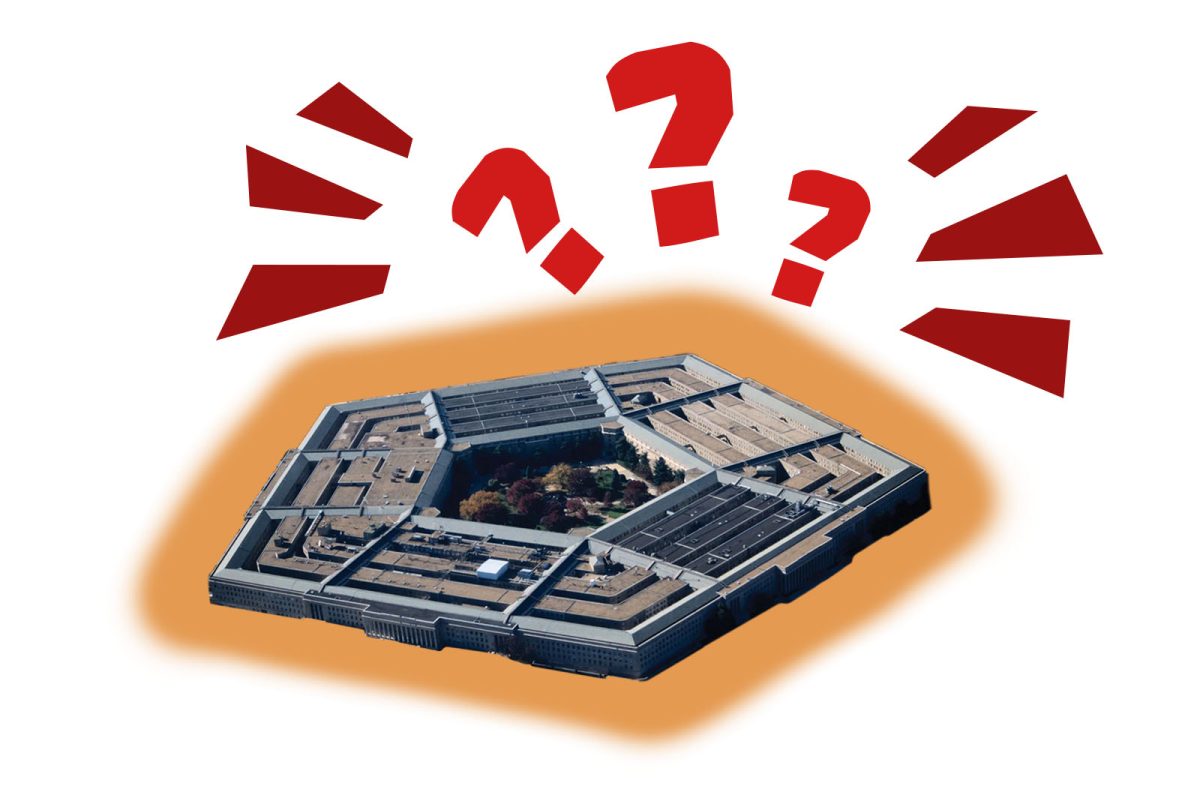The Arab Spring is the phrase used to describe the revolts in Arab nations, starting with Egypt and now continuing with the Libyan revolution in the spotlight. News on the Arab Spring clogged channels just months ago with continuous reports of their progress. However, updates on the revolutions took a back seat while the U.S. dealt with the debt ceiling crisis.
News of Libya, in particular, has resurfaced after its brief interim because, while Americans continued to bicker with each other about the debt ceiling, the rebels in Libya were still fighting for their freedom.
By the end of this past February, the rebels had reported control of 80 percent of Libya’s oil supply.
According to David Kirkpatrick, a reporter for the New York Times, “oil is the life blood of the economy; whoever controls the oil resources is in a commanding position to decide the future of the country.”
So, while evidence would lead one to believe that the conflict would end soon, with the shift of control of the economy, things turned out otherwise.
When Qaddafi’s head of intelligence defected to England on March 30, many predicted that Qaddafi would end the conflict in one way or another. He had little to no control of the economy and his top officials were defecting, and this would be where any sane leader would hand over the torch, but not Colonel Qaddafi. Until on Aug. 22, the rebel forces took the capital of Tripoli.
At this point, one question arises: What will Qaddafi do? Will he choose to be a martyr or seek asylum? Martyrdom is not an option for Qaddafi, because he is known as a family man. As strange as that might sound, Qaddafi is a father and cares for his children, despite his egregious neglect of the nation he is supposed to father.
Just where the Colonel will seek asylum, if he seeks it at all, has been a topic of much debate throughout the Libyan conflict, but particularly now that Tripoli has been captured.
The most recent, and most probable destination is Russia. The United Nations Security Council does not have authority in Russia and the International Criminal Court Tribunals do not apply to the people of Russia, leaving Qaddafi very safe from those seeking justice. But who will take over if Qaddafi surrenders or seeks asylum?
The Transitional National Council (TNC) is currently the commanding authority of the Rebel forces in Libya. If Qaddafi leaves, they would most likely take control of the nation. The TNC has been very successful in maintaining the fight against Qaddafi, but are they organized and powerful enough to take control of an already-faltering nation?
The TNC has widespread support in its objectives to relieve Colonel Qaddafi of his post, as seen by the large rebel forces and the two-faced nature of the Qaddafi supporters. In addition, the TNC is run by very intelligent individuals, making its success more promising. However, the challenges against the TNC might prove to be too daunting.
First, Libya will face the real dangers if Qaddafi is overthrown. The past few decades have shown how bad things could get when a rebel group overthrows an established tyranny. One could name situations like that of Iraq, where rebels took over after the fall of Saddam Hussein, and bands of looters roamed the cities, resulting in overall chaos. Somalia could also be considered, where anarchy ensued after a revolution. Outcomes like these are very real for Libya’s future and will need to be considered by the TNC if power was handed over.
But the most daunting hurdle is the lack of continuity between tribes.
Even now the TNC does not effectively represent the rebels from the eastern part of Libya and especially the views of the Tripolitans. The potential challenges and a lack of good representation could lead to situations far from favorable for the Libyan people and their dreams of freedom.
This is all merely speculation, seeing that Qaddafi has proven a knack for defining all odds and maintaining power. At this point, there is no knowing whether the Libyan people will acheive the freedom they so adamantly desire. If that freedom is granted, time will only tell what will become of their tumultuous North African state.
Stewart Heatwole is a sophomore in the College of Education and Public Service.










